Raisins have long been associated with healthy snacking and are often praised for their sweet and chewy appeal. However, recent studies and expert opinions have unveiled a darker side to this popular dried fruit. While raisins do contain some nutritional benefits, it is essential to acknowledge the potential health risks they pose when consumed in excess or without moderation. In this article, we will dive deeper into the concerns surrounding raisins and shed light on why they might not be as healthy as originally believed. 1. Excessive sugar content: One of the primary concerns with consuming raisins is their high sugar content. Raisins are essentially concentrated grapes, which means their natural sugar becomes more concentrated as well. While natural sugar is generally considered healthier than added sugar, excessive intake can still lead to weight gain, elevated blood sugar levels, and an increased risk of dental problems.
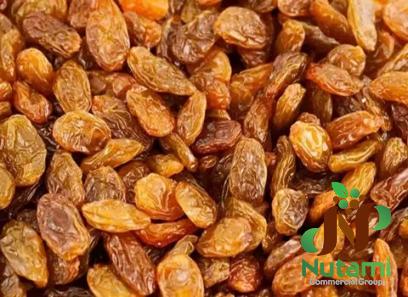
.
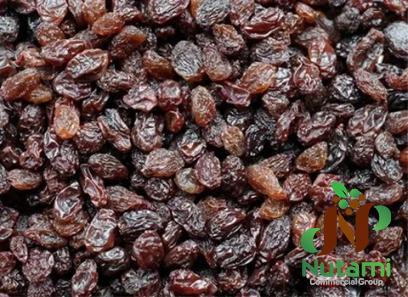 Additionally, the high sugar content in raisins may contribute to insulin resistance or even worsen existing conditions such as diabetes. 2. Caloric density: Raisins, despite being small in size, pack a calorically dense punch. Due to the drying process, the water content of grapes is significantly reduced, resulting in concentrated energy and higher calorie content per serving. This can be problematic for individuals trying to manage their weight or those on restricted-calorie diets. Mindless snacking on raisins can easily lead to exceeding daily caloric limits, potentially complicating weight loss goals and overall health.
Additionally, the high sugar content in raisins may contribute to insulin resistance or even worsen existing conditions such as diabetes. 2. Caloric density: Raisins, despite being small in size, pack a calorically dense punch. Due to the drying process, the water content of grapes is significantly reduced, resulting in concentrated energy and higher calorie content per serving. This can be problematic for individuals trying to manage their weight or those on restricted-calorie diets. Mindless snacking on raisins can easily lead to exceeding daily caloric limits, potentially complicating weight loss goals and overall health.
..
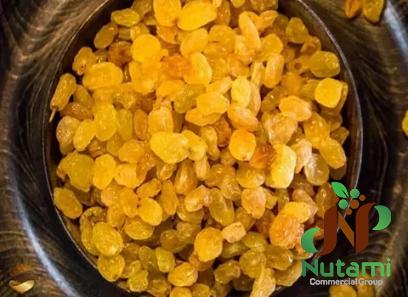 3. Potential digestive issues: While raisins are rich in fiber, which is beneficial for digestion, consuming excessive amounts can have the opposite effect. The high fiber content may cause gastrointestinal distress, including bloating, gas, and even diarrhea, especially for those with sensitive stomachs or digestive disorders. It is crucial to consume raisins in moderation and listen to your body to prevent any unwanted digestive discomfort. 4. Oxalate content: Raisins contain a substance called oxalate, which can lead to the formation of kidney stones in susceptible individuals. Oxalate binds with calcium in the body, forming crystals that can accumulate and cause blockages in the kidneys, resulting in painful stone formations.
3. Potential digestive issues: While raisins are rich in fiber, which is beneficial for digestion, consuming excessive amounts can have the opposite effect. The high fiber content may cause gastrointestinal distress, including bloating, gas, and even diarrhea, especially for those with sensitive stomachs or digestive disorders. It is crucial to consume raisins in moderation and listen to your body to prevent any unwanted digestive discomfort. 4. Oxalate content: Raisins contain a substance called oxalate, which can lead to the formation of kidney stones in susceptible individuals. Oxalate binds with calcium in the body, forming crystals that can accumulate and cause blockages in the kidneys, resulting in painful stone formations.
…
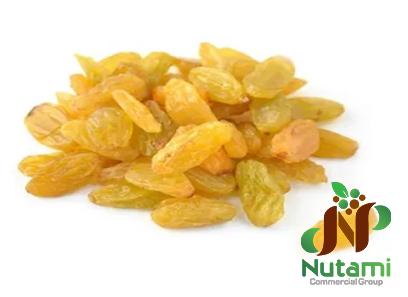 While not everyone is prone to kidney stones, those with a history of the condition or identified calcium-oxalate metabolism issues should exercise caution when consuming raisins. Conclusion: Raisins have long been praised as a healthy snack, but it is essential to acknowledge the potential risks they pose when consumed excessively or without moderation. The key lies in moderation and balance in incorporating raisins into a well-rounded diet. Individuals with specific health concerns, such as diabetes or kidney problems, should consult with their healthcare providers for personalized advice. Be mindful of portion sizes and balance raisins with other nutritious foods to ensure optimal health and well-being.
While not everyone is prone to kidney stones, those with a history of the condition or identified calcium-oxalate metabolism issues should exercise caution when consuming raisins. Conclusion: Raisins have long been praised as a healthy snack, but it is essential to acknowledge the potential risks they pose when consumed excessively or without moderation. The key lies in moderation and balance in incorporating raisins into a well-rounded diet. Individuals with specific health concerns, such as diabetes or kidney problems, should consult with their healthcare providers for personalized advice. Be mindful of portion sizes and balance raisins with other nutritious foods to ensure optimal health and well-being.

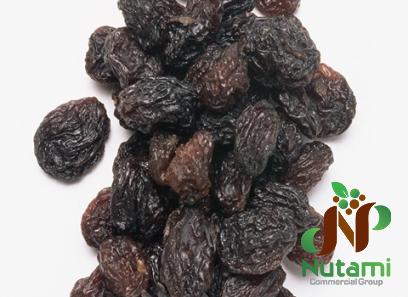

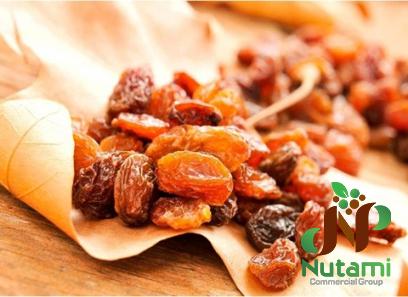
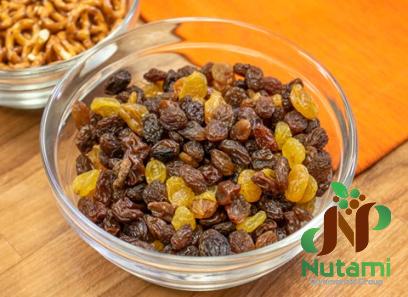
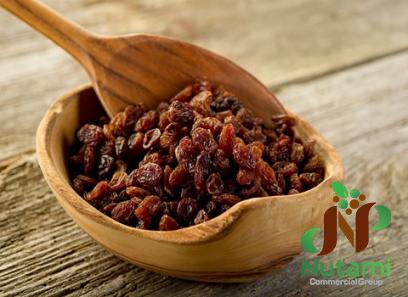
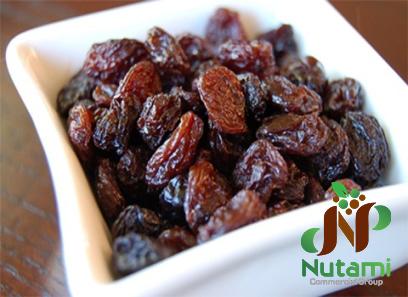
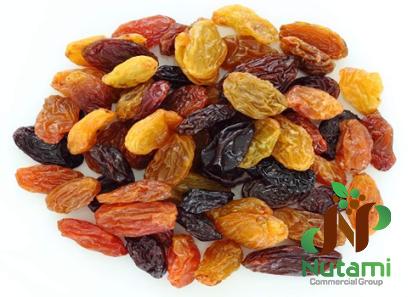
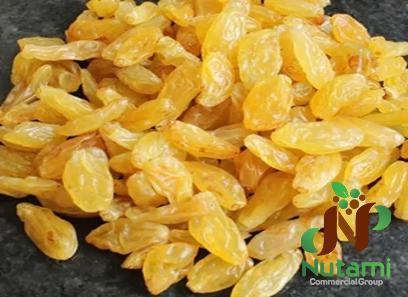
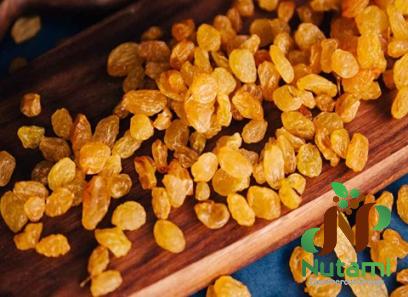
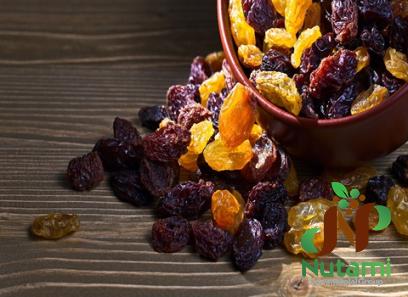
Your comment submitted.